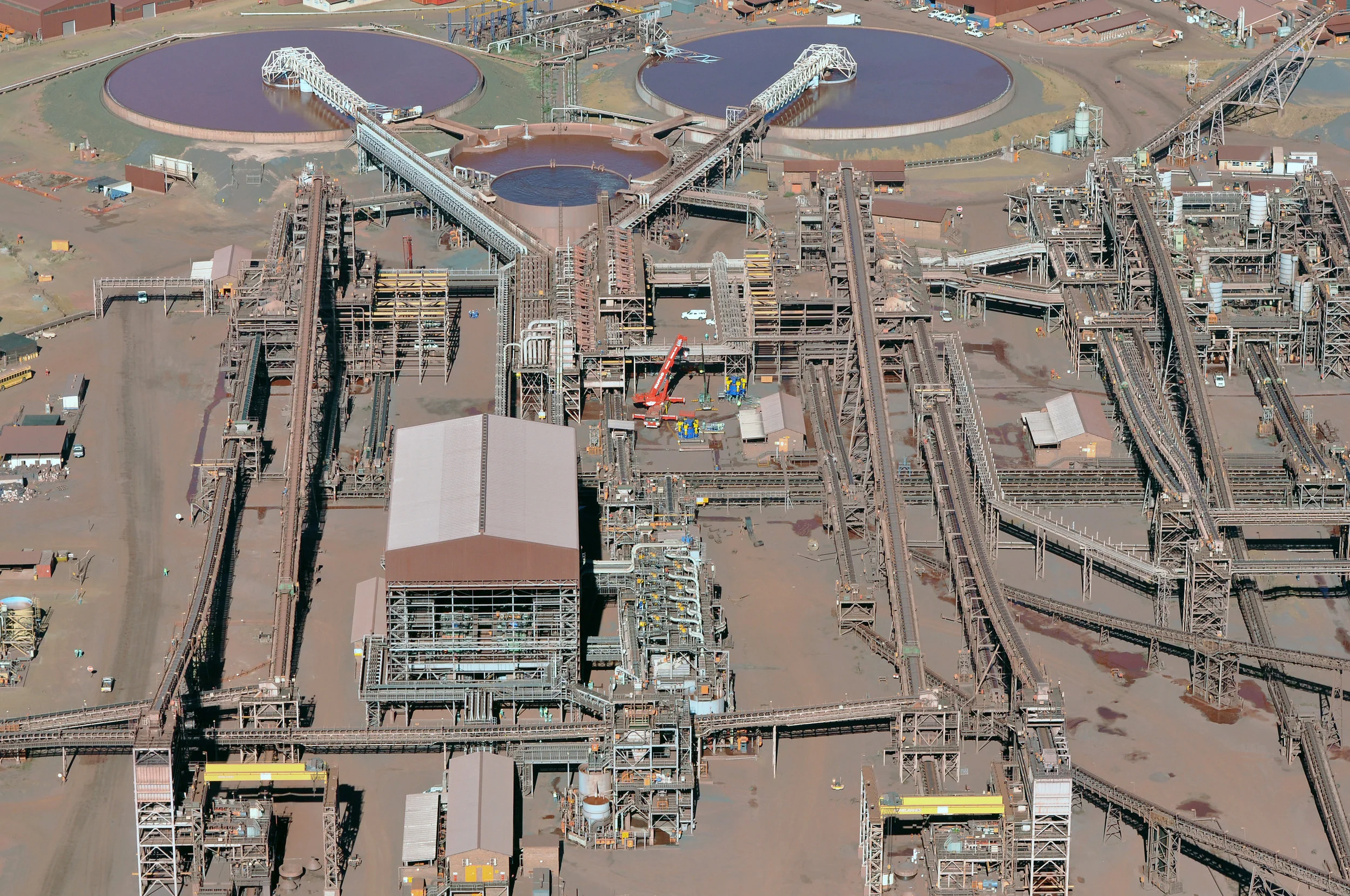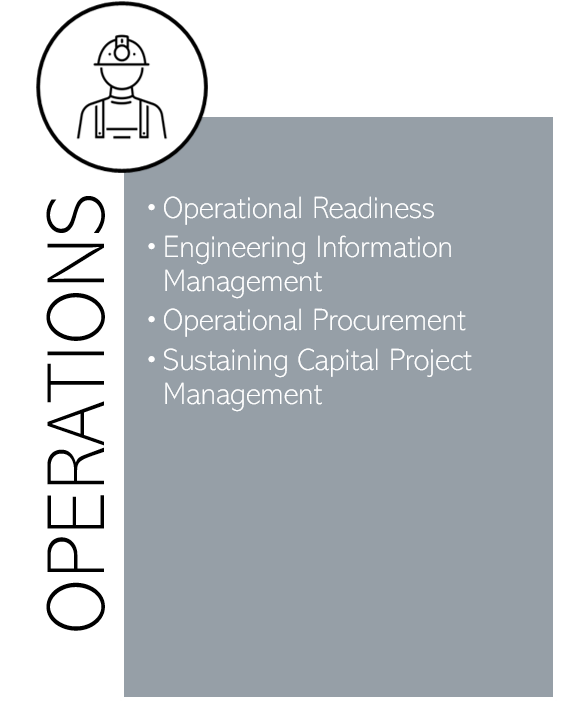Capital projects are inherently high value and complex initiatives that combine to pose a significant risk to the success of a business.
KEY FACTORS FOR SUCCESS
Our solid practical experience allows us to understand the key factors for success to manage the complex organizational structures and technical interactions inherent in capital projects:
SCALE
The size of project makes a big difference to the complexity and the risk involved. Accordingly, the approach for each project needs to be adjusted to suit its specific circumstances. A risk-based approach ensures that the complexity of project controls employed are aligned to the project needs and provide the required value to the project.
ALIGNMENT OF OBJECTIVES
Owners, consultants and contractors all have differing incentives fundamentally driven by a duty to make profit for their respective shareholders. A key element for a successful project is aligning these parties towards achieving the same objectives.
Organizational Structuring and Work Packaging
Effective management is enabled by sufficiently contemplating how work is packaged, who is best placed to execute the work and how this is integrated into the broader project.
Integration
Combining all the individual components of a project, both technical and managerial, is often a daunting task for an owner’s team but remains a critical element to avoiding gaps and overlaps as well as providing the bigger picture to enable more effective decision making.
Objectivity, Trust and Transparency
A core principal to achieving success in capital projects is the fostering of a culture of trust and transparency which allows access to objective information for more effective control and decision making.
Communication
Access to accurate, objective and timely information for the entire project team is a hallmark of any successful capital project.
“One of the true tests of leadership is the ability to recognize a problem before it becomes an emergency.”










